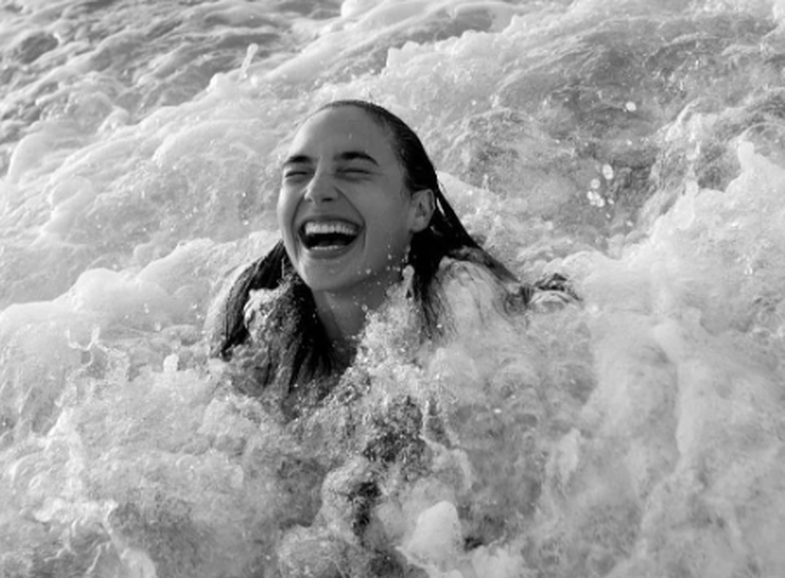
The mental health benefits of exercise are well-known, but what happens when we add cold water to the equation? This question was raised by researchers at the University of Portsmouth, who conducted a study of 480 swimmers enjoying the cold waters of British seas.
Lecturer Dr. Heather Massey and her colleagues hope their findings will contribute to future treatments for anxiety and depression.
As part of the study, a group of volunteers were invited to participate in an eight-week swimming training program, without changing their medications. A second control group also continued to take the same medications, but did not follow the swimming training from the beginning.

Among the early evidence supporting this theory is testimony such as that of volunteer Lynne MacFarlane, who found that cold water helped her with symptoms of depression. Another woman, Nina Yates, confirmed the personal "benefits" of swimming in the sea. Of course, the research is still ongoing, but the data so far looks encouraging.
If the study's final findings are positive, researchers believe that cold water could find its place in the treatment of depression and anxiety, and even be prescribed by doctors.
However, cold water swimming should not be practiced by people suffering from depression alone. This habit can be seen as a type of therapy that helps anyone who has had a difficult day or simply needs some relaxation and calm.
Suggested articles:





